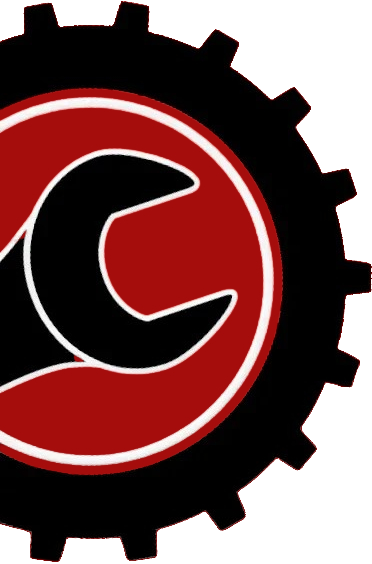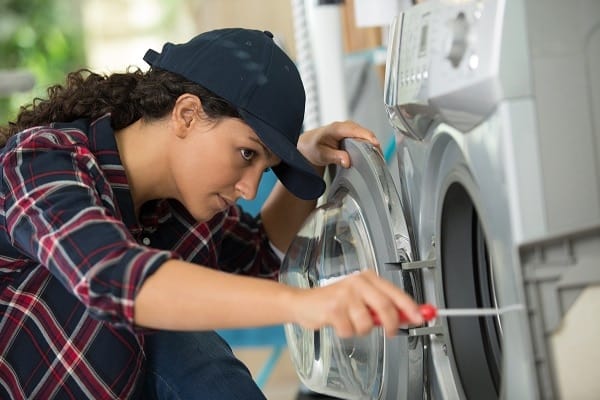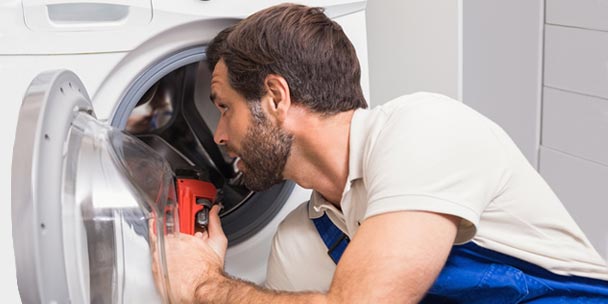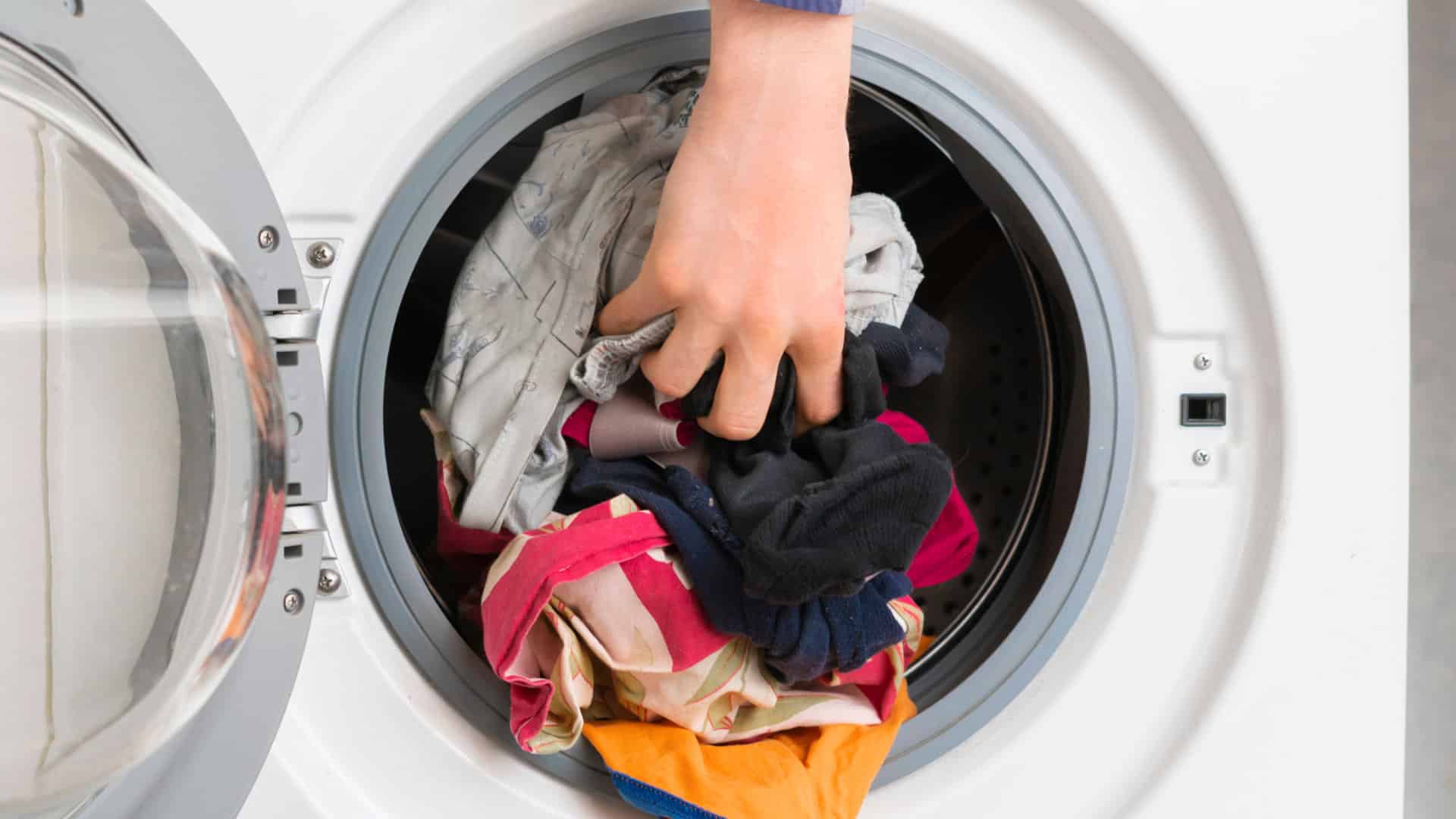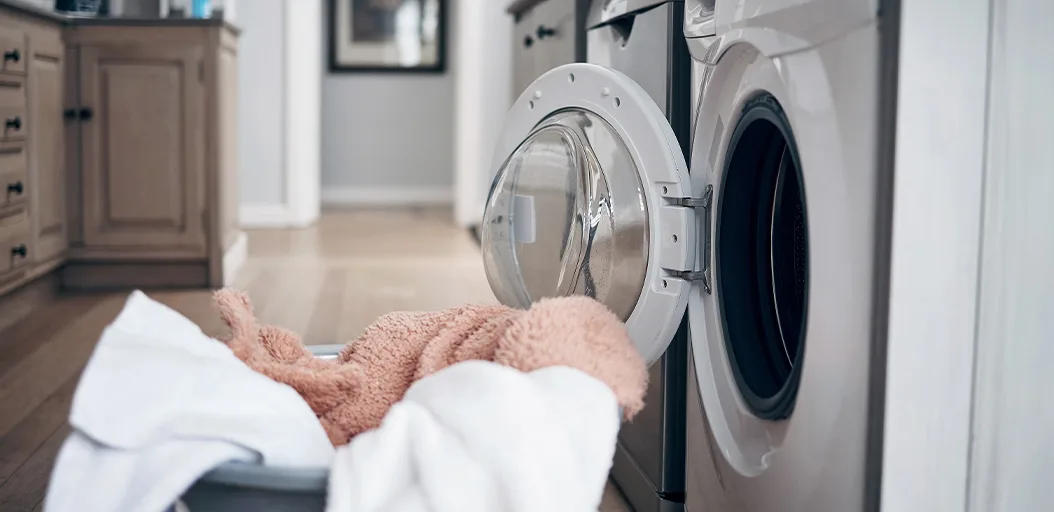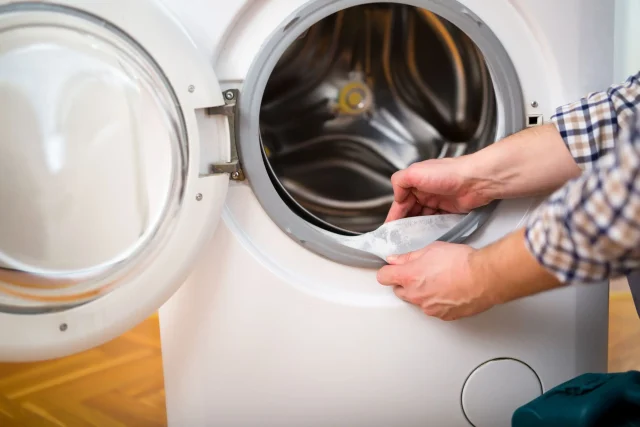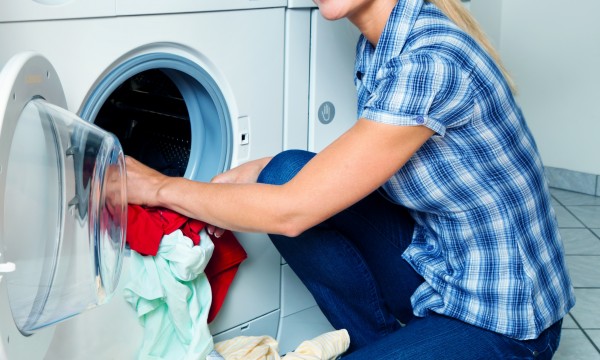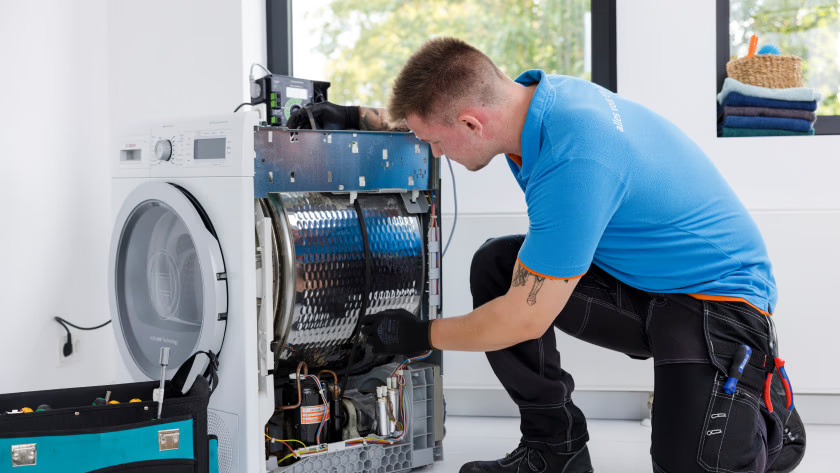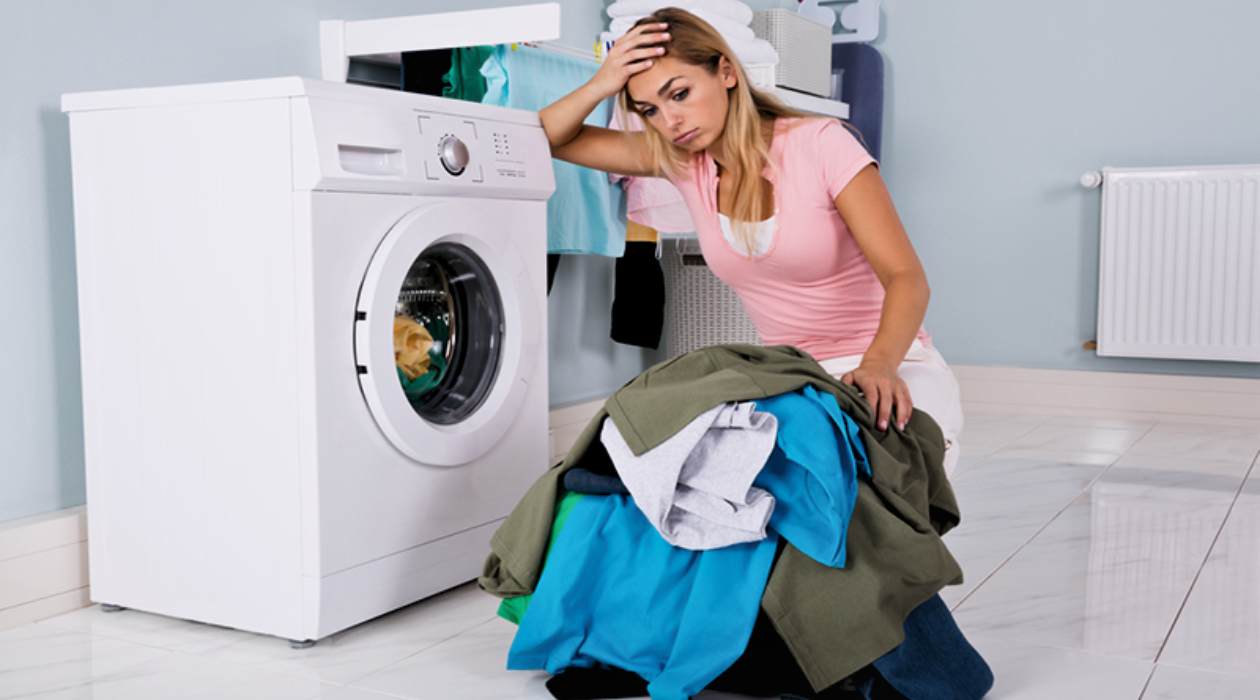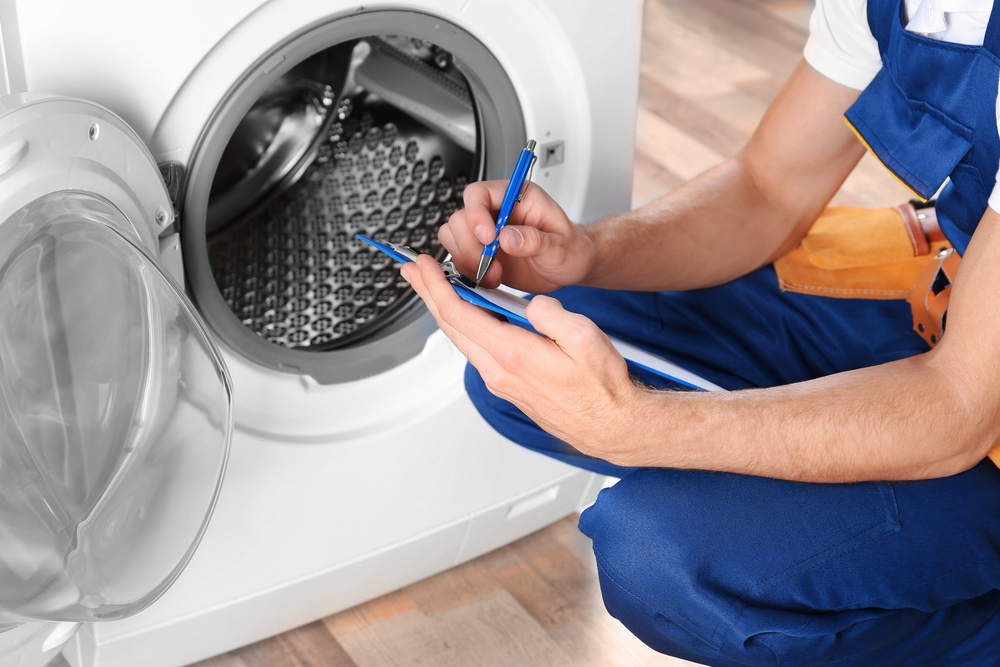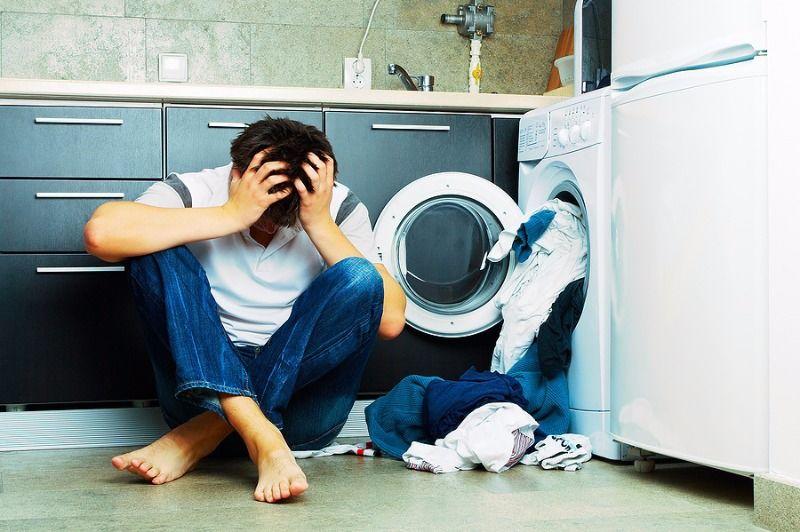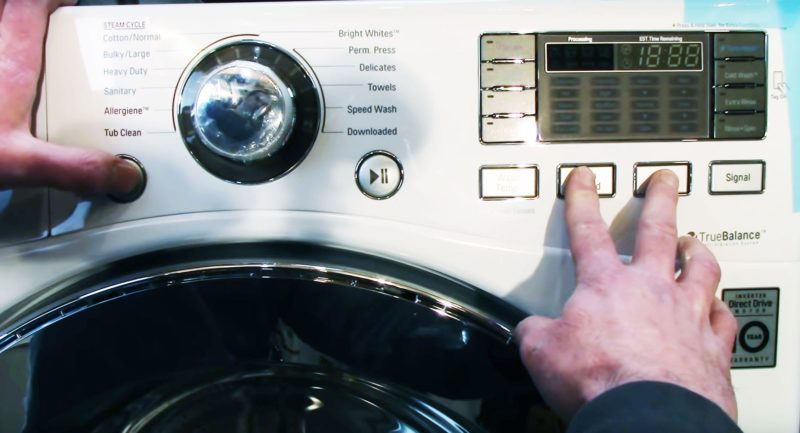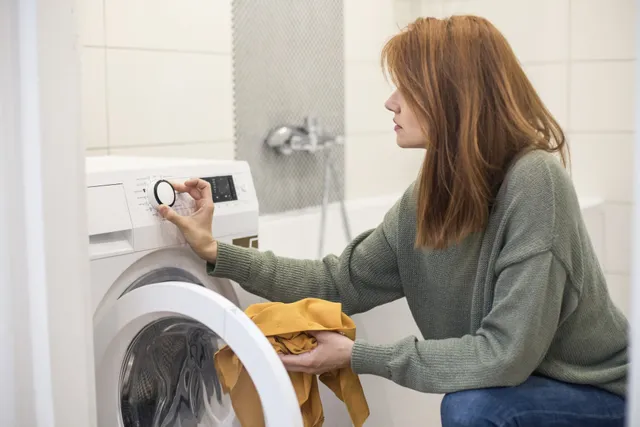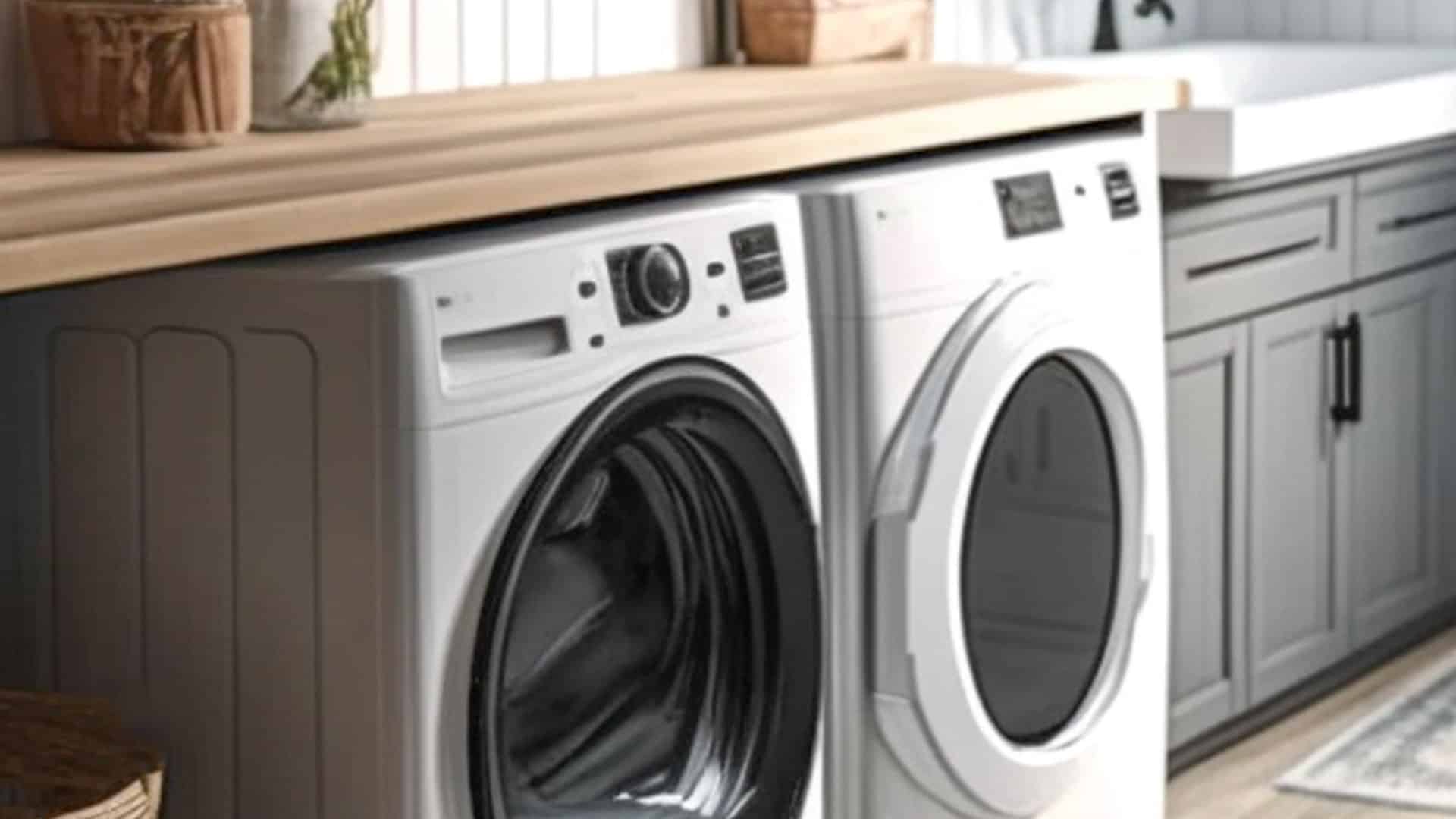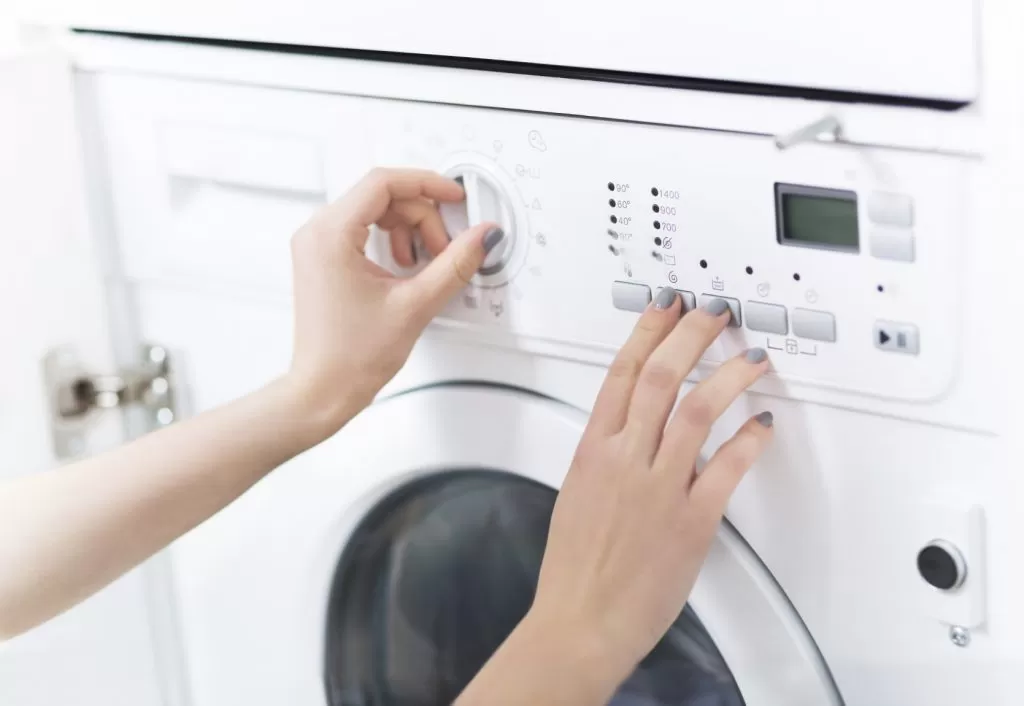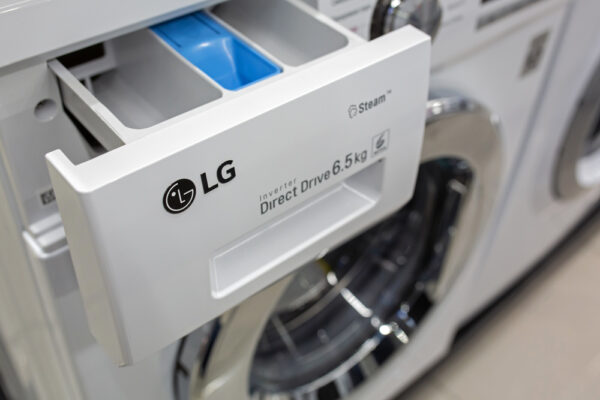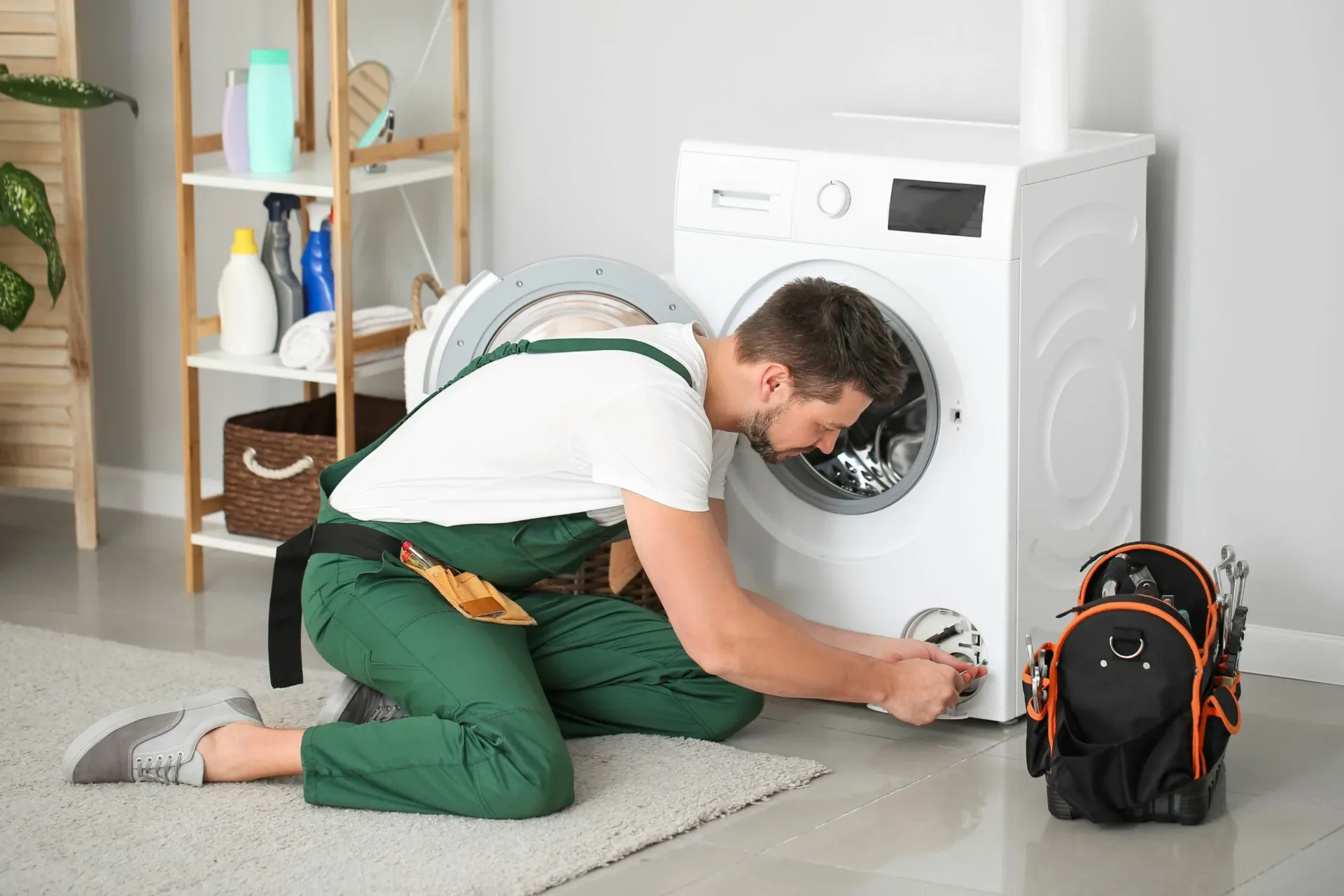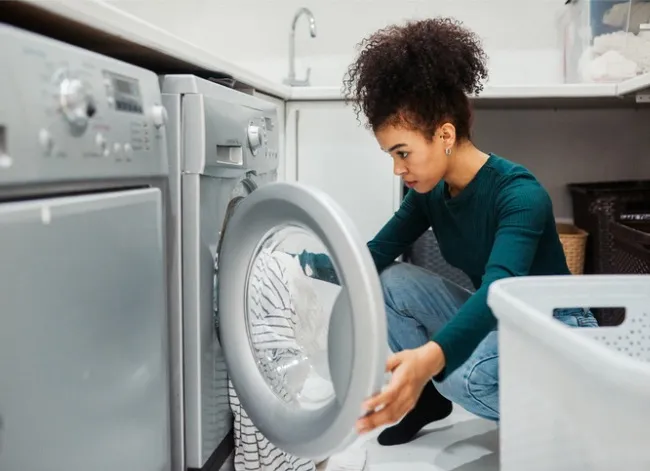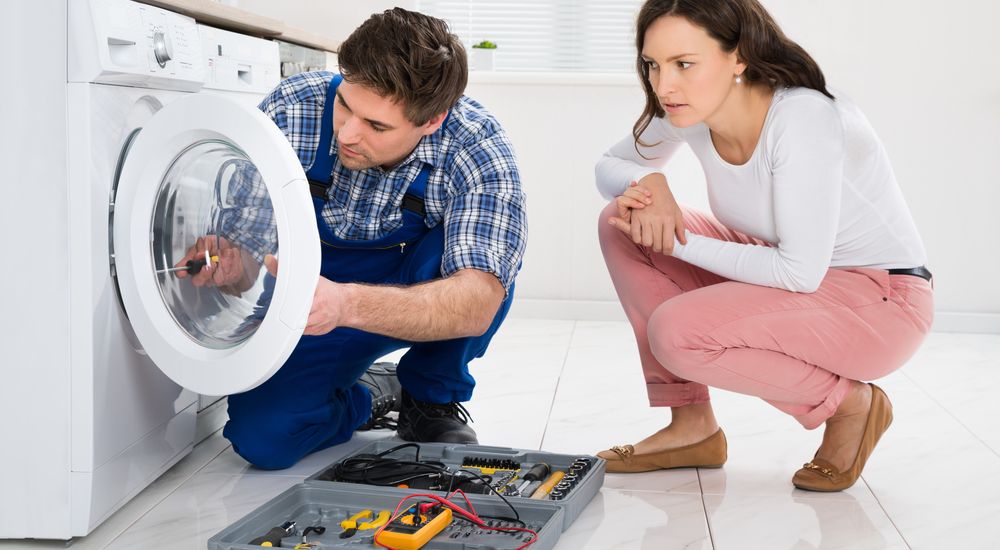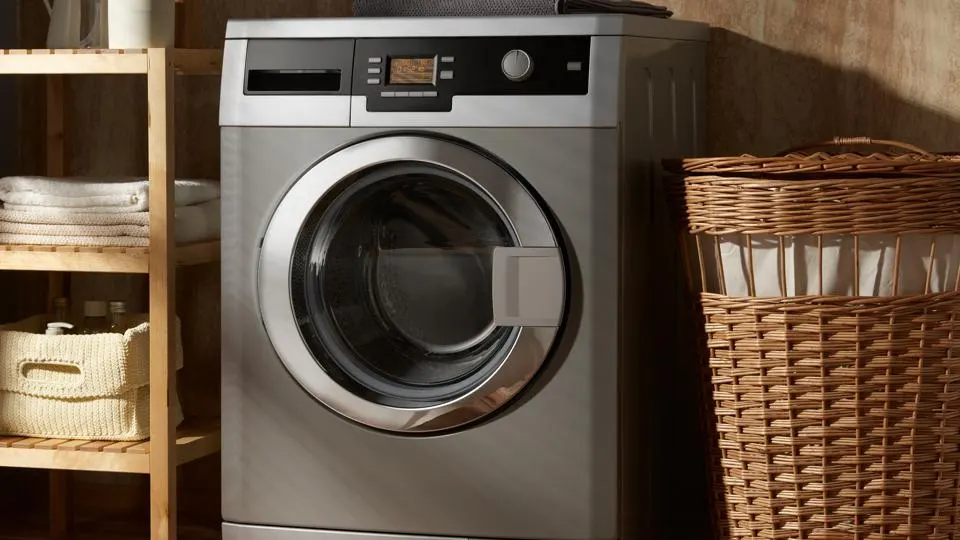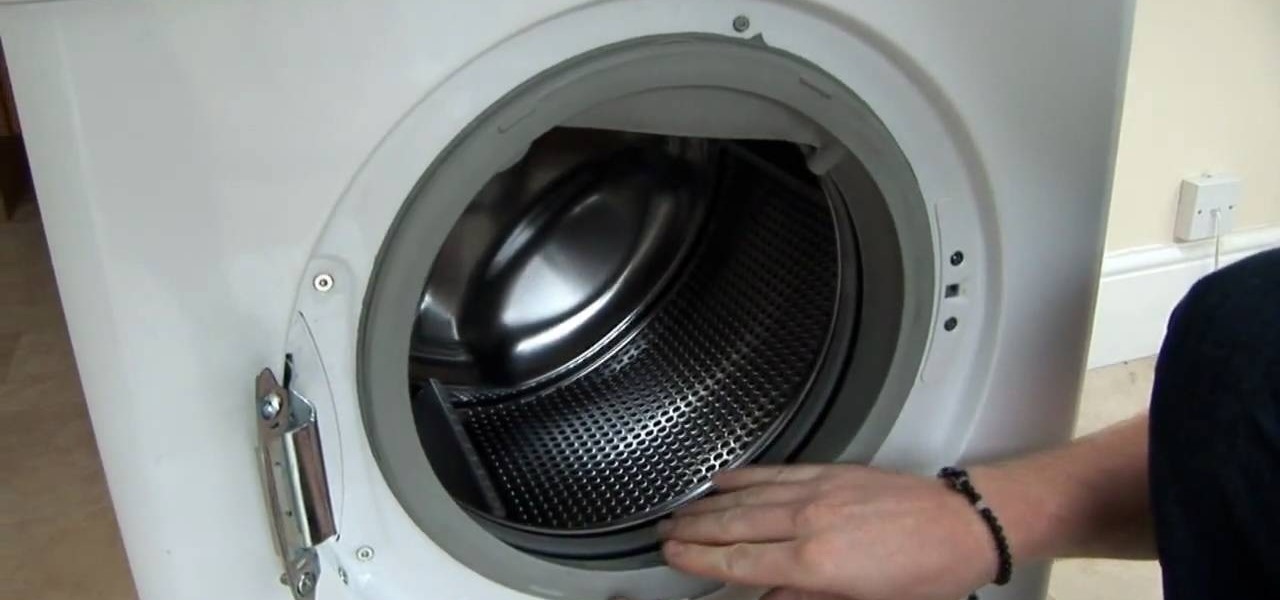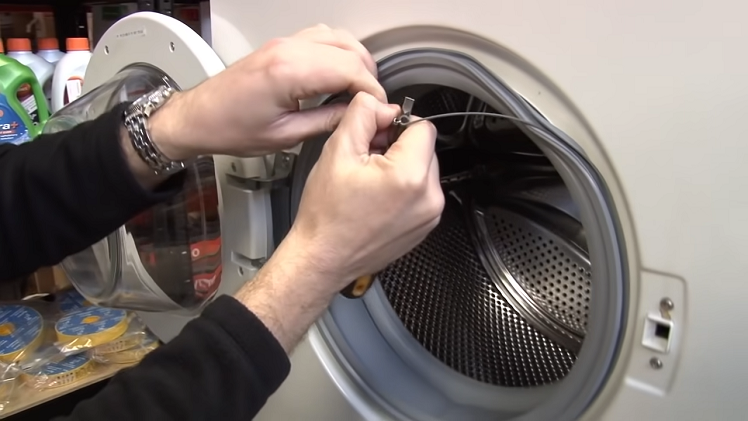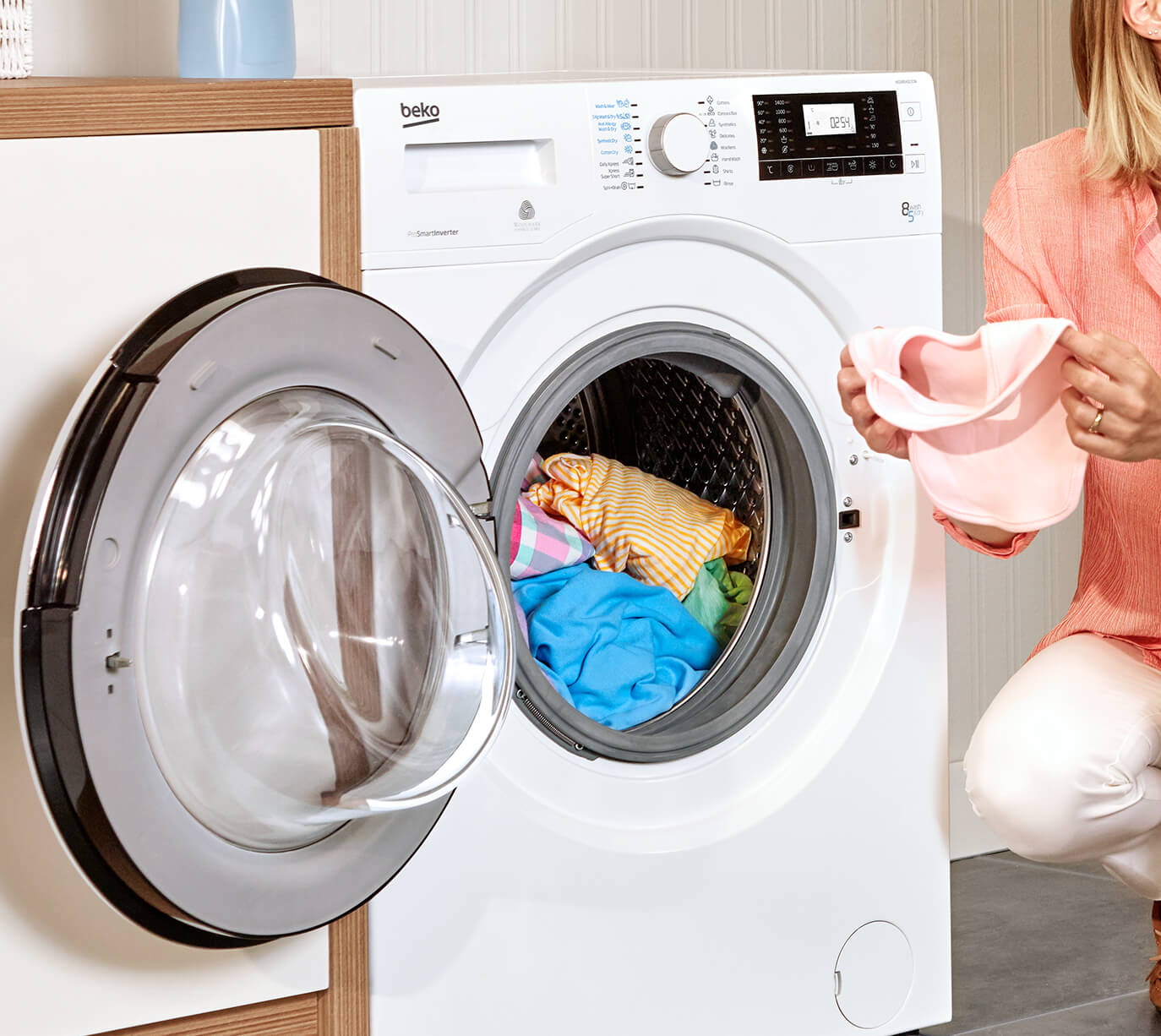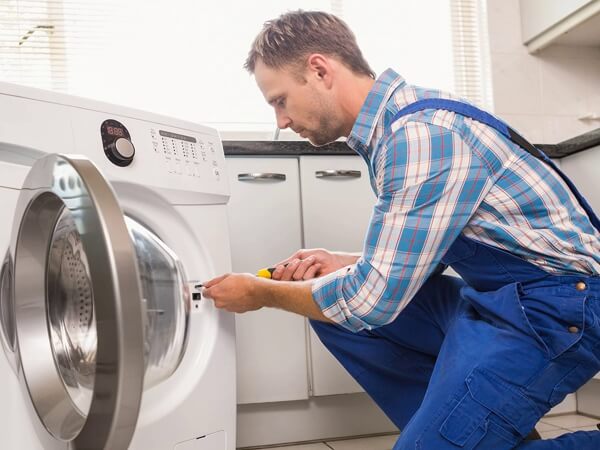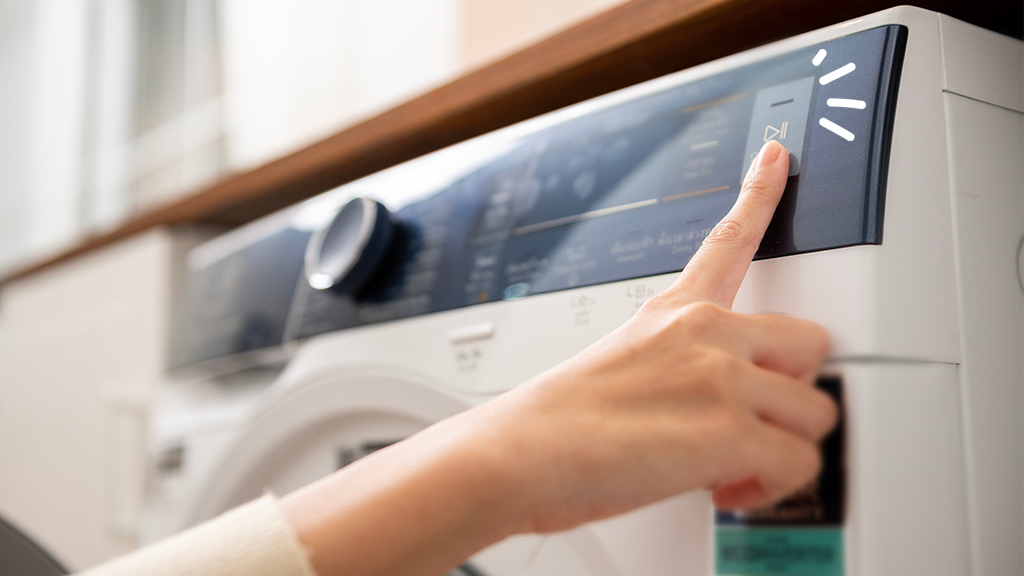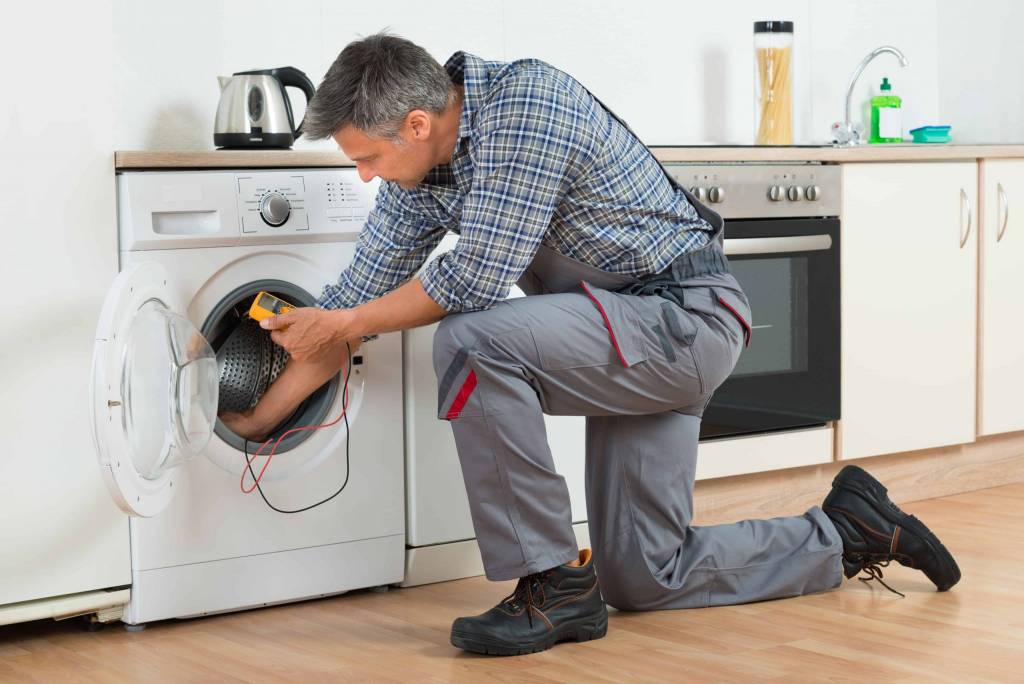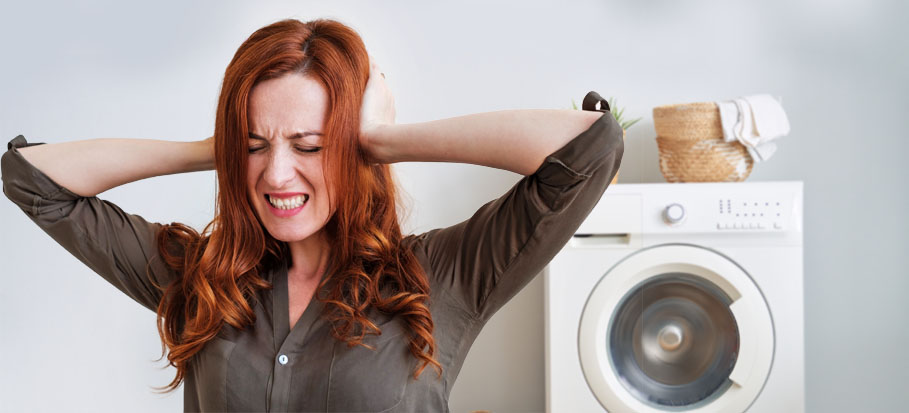A noisy washer during spinning cycles can be disruptive and indicate underlying issues with the appliance. Identifying the cause of the noise and taking appropriate action is essential to prevent further damage and ensure your washer operates smoothly. Here’s what you need to know about addressing a noisy washer during spinning:
Common Causes of a Noisy Washer During Spinning:
- Unbalanced Load: Unevenly distributed or overloaded loads can cause the washer drum to become unbalanced during spinning, resulting in excessive noise and vibration.
- Worn or Damaged Drum Bearings: Over time, the bearings that support the washer drum can wear out or become damaged, leading to loud noises during spinning cycles.
- Loose or Worn Drive Belt: A loose or worn drive belt can cause squealing or grinding noises as the washer’s motor operates during spinning.
- Faulty Shock Absorbers: Shock absorbers help stabilize the washer drum during spinning. If they become worn or damaged, they may fail to dampen vibrations, resulting in increased noise.
- Blocked Drain Pump: A clogged or obstructed drain pump can cause the washer to make loud noises as it struggles to drain water from the drum during spinning.
- Worn Motor Coupling: The motor coupling connects the washer’s motor to the transmission. If it becomes worn or damaged, it can cause loud noises during spinning cycles.
Steps to Troubleshoot and Resolve a Noisy Washer During Spinning:
- Check for an Unbalanced Load: Stop the washer and redistribute the load if it becomes unbalanced during spinning. Avoid overloading the washer with too many clothes.
- Inspect Drum Bearings: If the noise persists, inspect the drum bearings for signs of wear or damage. Replace worn or damaged bearings as needed.
- Tighten or Replace Drive Belt: Check the drive belt for signs of wear or looseness. Tighten or replace the belt if necessary.
- Inspect Shock Absorbers: Inspect the shock absorbers for signs of wear or damage. Replace worn or damaged shock absorbers to help stabilize the drum.
- Clean Drain Pump: Check the drain pump for obstructions or debris. Clean the pump and remove any blockages to ensure proper drainage during spinning.
- Check Motor Coupling: Inspect the motor coupling for signs of wear or damage. Replace the coupling if necessary to eliminate noise from the motor during spinning.
